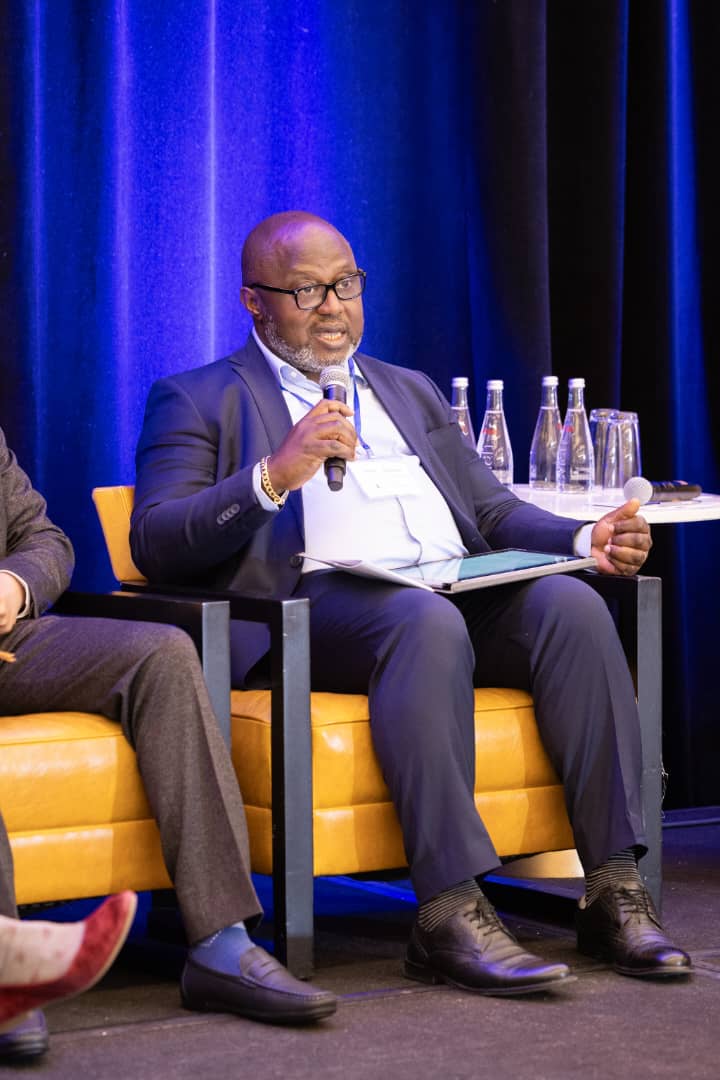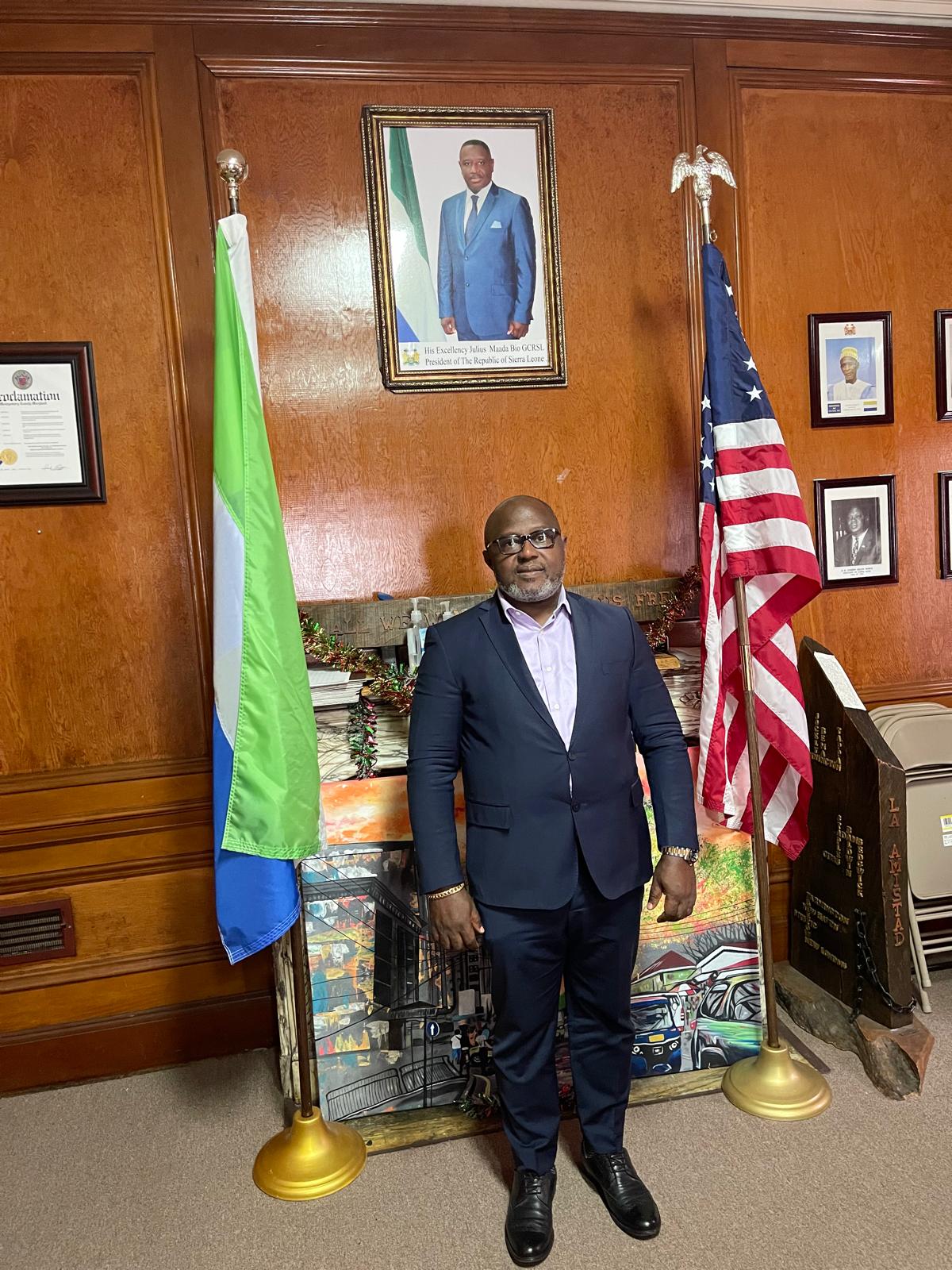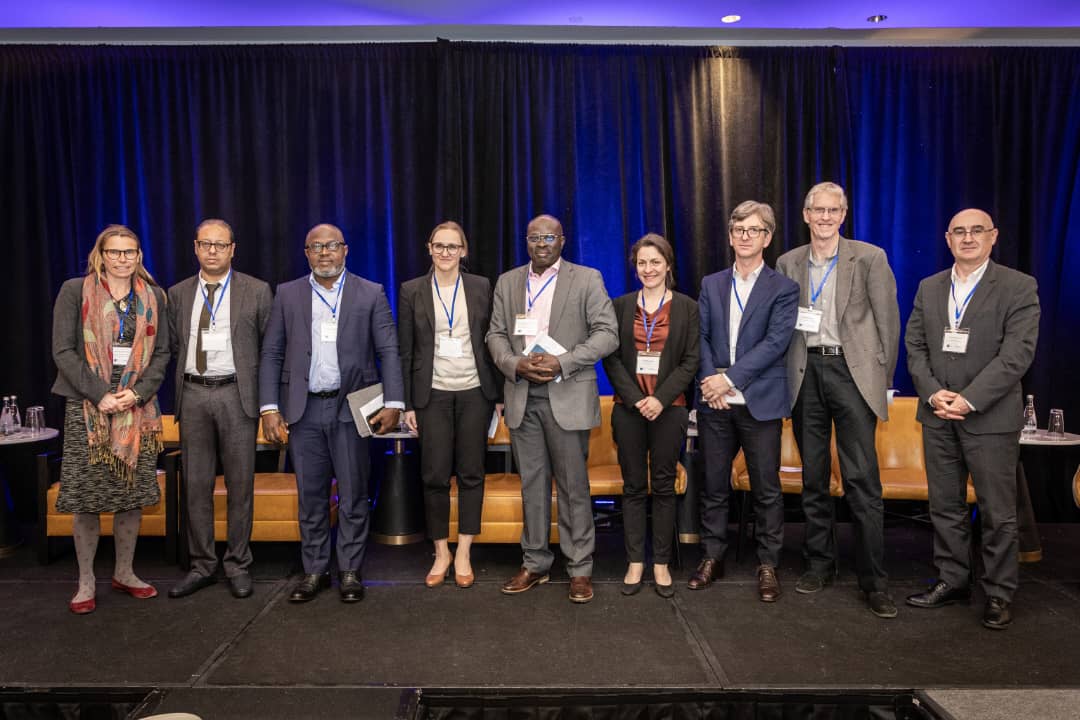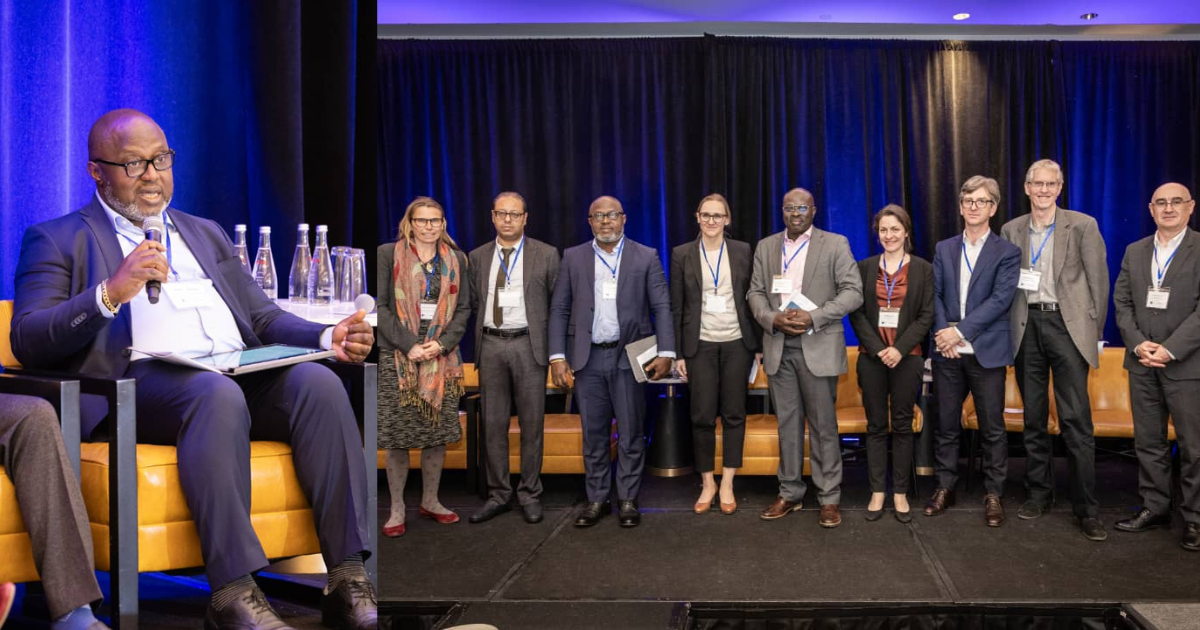The First Forum on Macroeconomics of Green Transitions was hosted by the United States Department of Treasury, the Danish Finance Ministry, the Coalition of Finance Ministers for Climate change and the Bezos Earth Fund at the Fairmont Hotel, Washington, D.C.
The Bezos Earth Fund, the largest philanthropic commitment ever focused on climate change and nature protection, is investing $10 billion by 2030 to create a world where people prosper in harmony with nature.
The Forum brought together the World’s leading policy makers, economic modelers and analysts from Finance Ministries, Development Banks, Universities and Think Tanks for an intense two day interactive session. The objective was to bridge the policy-analysis nexus and provide valuable insight towards Climate change and the competence of Finance Ministries to address and act on the most pressing climate issues which we are already experiencing daily.

Diving into the big policy challenges facing Ministries of Finance and how to work together to develop the practical analytical tools needed to address them, the Deputy Minister of Finance Hon. Bockarie Kalokoh was invited as leader and key contributor in this space. Hon Kalokoh is in charge of Climate Finance and Innovative Financing at the Ministry of Finance in Sierra Leone.
The Forum is centered around understanding the needs Ministries of Finance have in terms of the climate- related challenges they face and their analytical capabilities for assessing the effects of and impacts -and how to work together with other countries in coalition to strengthen capacity together. This session aims at making sure that participants get a clear sense of the issues at hand at the Ministry of Finance.
At the opening session, Sierra Leone’s Deputy Minister of Finance Hon. Bockarie Kalokoh spoke alongside Andrew Steer, President and CEO of Bezos Earth Fund, Alexia Latortue, Assistance Secretary for International Trade and Development, U.S. Department of the Treasury, Larss Haagen Pedersen, Deputy Permanent Secretary, Economic Policy, Ministry of Finance, Denmark and Andrew Burns, Global Lead Macroeconomic Modeling, and the World Bank Group.
\
Dilating on Policy Maker Needs, and what type of analysis and metrics are currently used and would be most useful to garner greater political and technical leadership behind better understanding physical climate risk and driving investment and other measures in adaptation and resilience, Hon. Kalokoh further informed the gathering that Sierra Leone currently uses several tools to analyze climate change and its impact on the country for informed decision making on adaptation and resilience financing.
He further reiterated that the Climate Finance Unit (CFU) at the Ministry of Finance in Sierra Leone was supported by the World Bank and FCDO of UK government, and it is used for analyzing and forecasting the impacts of climate change on the economy for informed decision making. Hon. Kalokoh cited that the first phase of training at the CFU and other MDAs on how to use the model was completed in February 2024. According to Hon. Kalokoh, the Ministry of Finance in Sierra Leone is in discussion with World Bank for further training on the model.
Furthermore, Hon. Kalokoh spoke about integrating climate expenditure into Public Financial Management, incorporating climate expenditure into the PFM Acts so that more priorities can be laid on climate expenditures. There is an ongoing discussion with development partners (World Bank and the IMF) for the development of climate finance policy which will be used as a baseline for all climate financing mechanisms in Sierra Leone. Hon. Kalokoh said it will be used as a roadmap for discussion with investors, and all forms of climate investments.
On the Establishment of a climate budget tagging framework, and a carbon market frame work, Sierra Leone is seeking technical assistance and support from development partners (World bank and IMF) for the establishment of the carbon market frame work.

Hon Kalokoh was also invited to a high level Panel discussion to give insight on what types of analysis and metrics Sierra Leone is currently using, and what would be most useful to garner greater political and technical leadership behind better understanding physical climate risk and driving investment and other measures in adaptation and resilience in Africa.
Deputy Finance Minister of Sierra Leone Hon. Kalokoh contributions were focused around four main areas which included; Integrating climate risks into public budgeting and macro-fiscal projections, Evaluating adaptation strategies as part of the green transition, Enhancing investment in adaptation measures and addressing the protection gap through integrated disaster risk finance strategies.
The U.S. Department of Treasury, Danish Ministry of Finance and the Coalition of Finance ministers, have all nominated Hon. Kalokoh to be a Steering Committee member as part of the Coalition of Finance Ministers for Climate Action and beyond for his foresight in promoting Africa’s vision in line with the Helsinki Principles for Climate action.
In another engagement, Hon. Bockarie Kolokoh made a courtesy call to the Embassy of Sierra Leone in Washington DC, where he held discussions with the Deputy Chief of Mission, Sheku Mesali, Ms Rakie Macarthy, Head of Chancery of the Embassy, and the Embassy staff.











